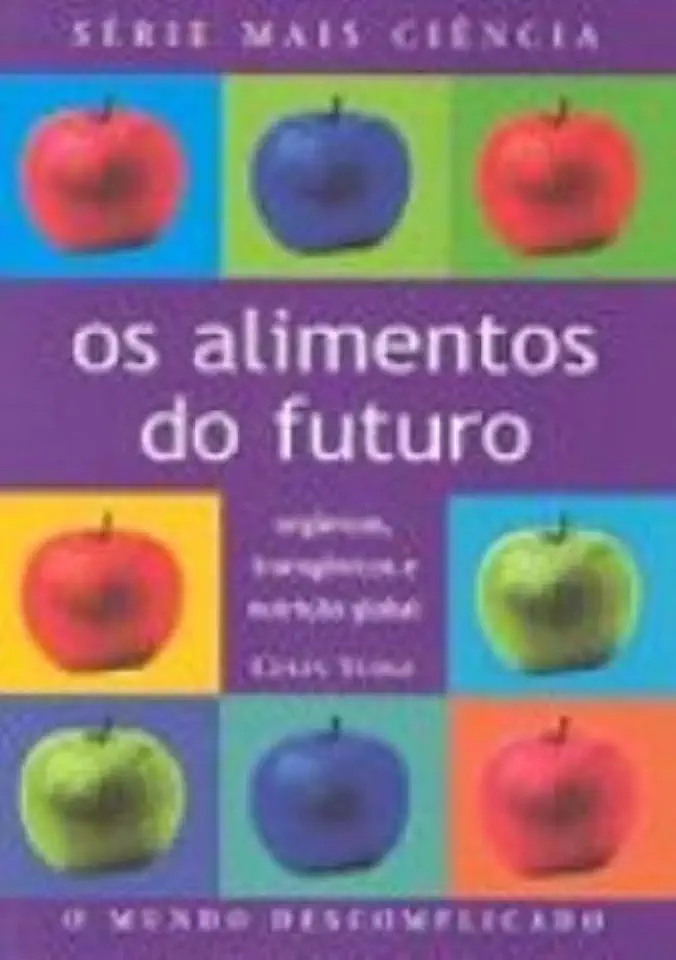
The Future of Food - Colin Tudge
The Future of Food: How the Next Generation Will Eat
In his book, "The Future of Food," Colin Tudge takes a comprehensive look at the current state of the global food system and offers a vision for how it can be transformed to meet the challenges of the 21st century. Tudge argues that the current system is unsustainable, both environmentally and socially, and that we need to make major changes to the way we produce, distribute, and consume food.
The Challenges of the Current Food System
Tudge begins by outlining the many challenges facing the current food system. These challenges include:
- Climate change: Climate change is already having a significant impact on food production, and it is projected to become even more severe in the future. Rising temperatures, changes in precipitation patterns, and more extreme weather events are all making it more difficult for farmers to grow crops and raise livestock.
- Population growth: The world's population is growing rapidly, and this is putting a strain on the food system. By 2050, the world's population is expected to reach 9 billion people, and we will need to produce 70% more food to feed everyone.
- Resource depletion: The food system is also depleting natural resources, such as water, soil, and biodiversity. The overuse of fertilizers and pesticides is polluting water supplies and harming wildlife, and the clearing of forests for agriculture is contributing to climate change.
- Food waste: A significant amount of food is wasted throughout the food system, from production to consumption. This waste not only represents a loss of resources, but it also contributes to climate change.
A Vision for the Future of Food
Tudge argues that we need to make major changes to the food system to address these challenges. He proposes a number of solutions, including:
- Reducing our reliance on animal products: Animal agriculture is a major contributor to climate change, water pollution, and deforestation. We can reduce our impact on the environment by eating less meat and more plant-based foods.
- Eating more locally and seasonally: Eating locally and seasonally can help to reduce food waste and support local farmers. It can also help us to connect with the food we eat and appreciate the seasons.
- Growing our own food: Growing our own food can help us to reduce our reliance on the industrial food system and learn more about where our food comes from. It can also be a fun and rewarding experience.
- Supporting sustainable agriculture: We can support sustainable agriculture by buying food from farmers who are using sustainable practices. We can also advocate for policies that support sustainable agriculture.
Conclusion
Tudge concludes by arguing that the future of food is in our hands. We can choose to continue on the current path, which is leading to environmental disaster and social injustice, or we can choose to make changes that will create a more sustainable and just food system. The choice is ours.
Why You Should Read This Book
"The Future of Food" is a must-read for anyone who is interested in the future of our planet and the health of our communities. Tudge provides a comprehensive and well-researched analysis of the current food system and offers a vision for how it can be transformed. This book is essential reading for anyone who wants to make a difference in the world.
Enjoyed the summary? Discover all the details and take your reading to the next level — [click here to view the book on Amazon!]